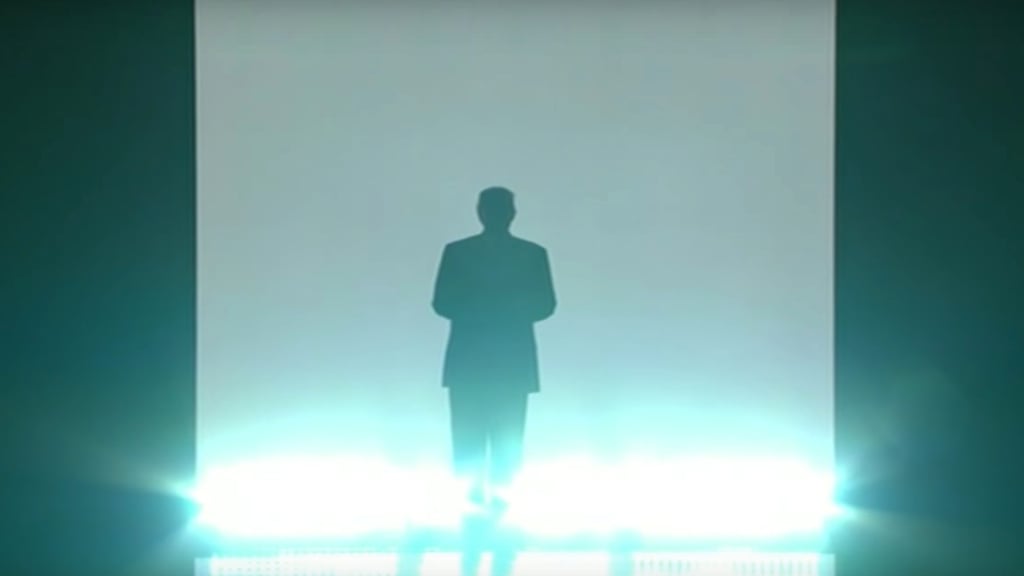Senator Claire McCaskill set off a legal debate today when she told MSNBC that Donald Trump should be investigated for potentially violating the Logan Act. The Missouri Democrat’s statement was yet another response to Trump’s Wednesday news conference at one of his Florida golf courses, where the Republican nominee for President appeared to urge Russian intelligence agencies to hack the private email server Hillary Clinton used during her time as secretary of state. (Trump attempted to reel in his comments back today, calling them “sarcastic.”)
McCaskill’s suggestion prompted chattering-class musings on whether Trump had in fact violated the 217-year-old statute, which bars “unauthorized citizens from negotiating with foreign governments” at odds with the United States. The law has largely flown under the radar, largely because no one has ever been convicted of violating it. (That’s not to say it’s gone totally undiscussed—in 2015, Democrats cried treason when Senate Republicans, led by Tom Cotton, submitted a letter to Iranian leaders intended to railroad the Iran nuclear deal.)
Laurence Tribe, a constitutional law professor at Harvard Law and former mentor to President Obama, sided with McCaskill on Twitter:
Trump’s “jokes” inviting an adversary to wage cyberwar against the U.S. appear to violate the Logan Act and might even constitute treason.
— Laurence Tribe (@tribelaw) July 28, 2016
In a follow-up comment to Washingtonian, Tribe elaborated that, while the law has never been “formally interpreted” by the Supreme Court, “it obviously applies to Trump’s overt encouragement of Russian interference with this November’s presidential election.”
But others, including Clinton backers, aren’t convinced. Trump’s comments may have been ill-advised, says Akhil Amar, a constitutional law professor at Yale, but they weren’t criminal. He cites the notion that the Logan Act infringes upon the First Amendment. “Many constitutional scholars think there are are some serious First Amendment issues in effect with the Logan Act.”
“We do believe in free discourse, whether or not Mr. Trump believes in that himself,” Amar, who supports Clinton, adds. “I wouldn’t want the government to have the power to criminalize the opposition because it articulated a different vision of American foreign policy.”
And that is where the historical context of the statute becomes crucial,says University of Texas law professor Steve Vladeck. The text itself could reasonably be seen as a “pretty good fit” for Trump’s words, Vladeck says, but it’s important to understand the time in which it was written.
“The Logan Act was written in a very different time when we had a very different view of political speech. We have a much more protective view of political speech today,” he says. “Frankly, for a Logan Act prosecution to be a realistic, to even be on the table, I think we’d have to have something that went a lot further than speech.”
But the optics are far less favorable to Trump than these legal readings. NBC reports that since Trump’s press conference Wednesday, Merriam-Webster has seen a 76-percent spike on its website for searches of “treason.”




















